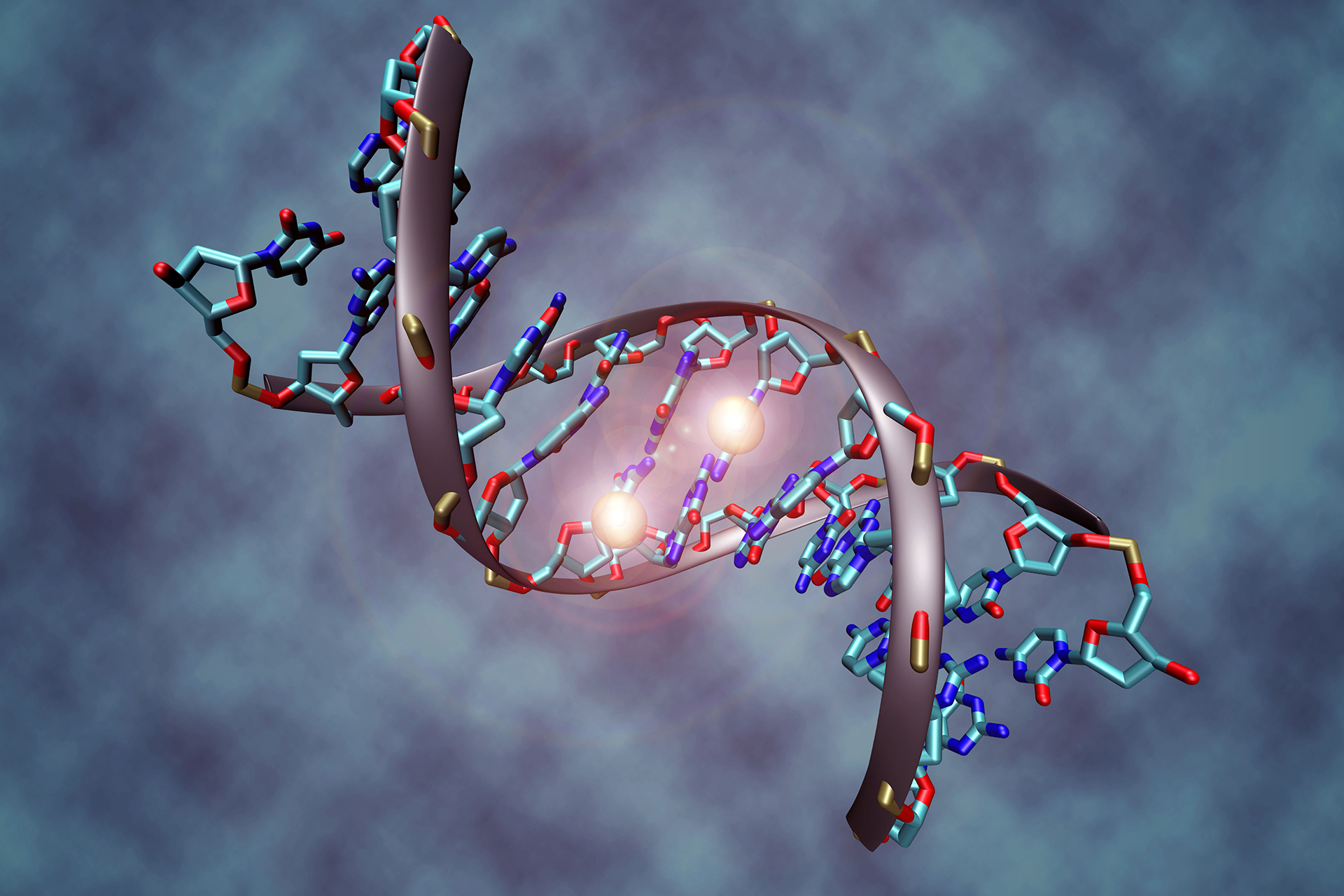Researchers have found that drinking tea may affect gene expression in women.
The study found that tea consumption causes epigenetic changes in women, but not in men. The affected genes are associated with oestrogen metabolism and cancer, although it is not yet known if the changes are beneficial or not.
'Previous studies have shown that tea consumption reduces oestrogen levels, which highlights a potential difference between the biological response to tea in men and women,' said lead author Dr Weronika Ek of Uppsala University, Sweden.
Diet has been shown to influence epigenetic changes in humans. In particular, compounds in tea known as catechins have previously been shown to cause epigenetic changes in vitro in cultured human cancer cells. Other research has indicated that tea consumption plays a role in oestrogen metabolism and cancer prevention, but the mechanism behind these processes has been unclear.
The scientists gathered information on self-reported tea and coffee consumption in 3096 adults from four European groups, measured in terms of numbers of cups per month. They checked blood samples from these individuals for signs of DNA methylation, a form of epigenetic change. Lifestyle factors including age, gender, smoking habits, and effects of tea and coffee were accounted for.
The results, published in the journal of Human Molecular Genetics, showed that coffee had no impact on gene expression in either sex. Drinking tea appeared to have no effect on DNA methylation in men but was shown to influence the epigenetics of women in 28 genomic regions.
Tea consumption was shown to change the expression of genes DNAJC16 and TTC17. These are associated with the metabolism of oestrogen and cancer.
No information was available on the type of tea, although Dr Ek said that the information came from individuals in countries which mostly consume black tea. It may also be that effects could not be seen in men due to different consumption habits.
'Women also drink higher amounts of tea compared to men, which increases our power to find association in women,' Dr Ek said.
She suggested the epigenetic changes might be one mechanism behind the tumour suppression, decreased inflammation and lower oestrogen that other studies have linked to tea consumption. However, the group needs to conduct further research to determine whether the epigenetic changes are beneficial or not.
Dr Ek also suggested that health-conscious people could be choosing tea over coffee, 'since reports and magazines have told them it is healthy to drink tea'.
Sources and References
-
Tea and coffee consumption in relation to DNA methylation in four European cohorts
-
Female Tea Drinkers See Epigenetic Changes in Cancer and Hormone Genes
-
Tea consumption leads to epigenetic changes in women
-
Tea Causes Cancer-Related Genetic Changes In Women, But We ArenÔÇÖt Sure If TheyÔÇÖre Good Or Bad
-
How Drinking Tea May Change Your Genes





Leave a Reply
You must be logged in to post a comment.